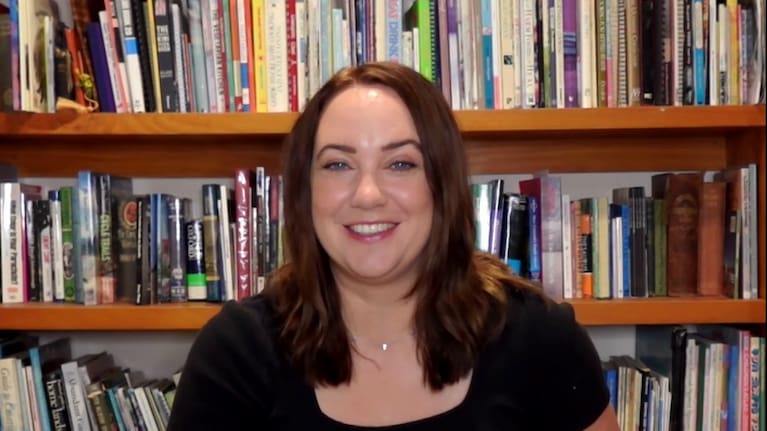It's called FIRE (financial independence, retire early) and it's worth aiming for, but it doesn't mean putting your life on hold. By Frances Cook
The dream of financial independence is powerful.
The idea is simple; save hard, invest well, and eventually your money works harder than you do. You’ll have the freedom to walk away from work if you want to, or of course, a bad relationship, bad living situation, or any other situation where you can sometimes be stuck because of the money side of life.
The promise behind FIRE (Financial Independence, Retire Early) has strong appeal, and I like it. Hey, I wrote a whole book about it.

But the problem is when people see only one way to build this financial freedom, and put life on hold until they’ve achieved it.
Delaying joy for a decade just doesn’t sit right with me. What if you didn’t have to choose between a good life now or later? What if you could design both?
Financial independence isn’t just about money
At its core, FIRE is about freedom. Having options, living on your own terms, and not being trapped by a paycheck.
That’s something I think we all want, whether we’re aiming to retire at 40 or simply build a better buffer to deal with life’s nasty curveballs.

The problem with aiming for true financial independence, and to never work again, is it can lead people to give up before they even begin.
A million-dollar investment portfolio? Never gonna happen. So let’s just chuck it all in, and go back to the paycheck-to-paycheck cycle.
But here’s the thing: freedom doesn’t have to require a million-dollar investment account, and never working a day again. Sometimes it’s as simple as having three months’ savings in the bank, or the confidence to walk away from a toxic job because you’ve built up a side hustle.
It’s about choices, not just dollar figures. You don’t have to go all or nothing
So, if saving and investing 70% of what you earn, and retiring in 10 years, feels a little too intense, what’s the middle ground?
You create a system and a plan, to have now money, and future money. You can save and invest consistently without giving up every flat white.

You can grow your career and your income so that financial independence comes faster, and split any pay rise so that you get some extra fun, while also building extra investments for the future.
You can use a smaller level of financial freedom to give yourself the safety net to start a business, negotiate flexibility, or take mini-retirements along the way.
You don’t have to sprint to the finish line. You can enjoy the journey too.
Start with the system, not the stress
If you want financial freedom, a system that’s realistic, and works for your life (not the idealised version of ourselves we wish we were) is key.
That might mean:
- Automating your savings and investments to make sure you never miss a week
- Using a simple, sustainable budgeting method (like a weekly spending account)
- Building an emergency fund so you’re not thrown off course by life’s curveballs
- Creating a six-month plan to increase your income, either through a pay rise, promotion, or side hustle
These small moves create big results over time, and crucially, they leave room for the life you want now.
Live like someone who’s free
One of the biggest dangers to our money plans is ourselves, and our emotions. It’s hard to stick with a plan for the future when you’re stressed or burned out right now.
So if your plan for financial independence leaves no room for joy, connection, or spontaneity, it might not be as sustainable as you think.
You don’t need to defer all happiness for 10 years. You don’t need to feel guilty for a weekend away or dinner with friends. You’re allowed to build wealth and build a life at the same time.
Whatever your version of freedom looks like, whether it’s early retirement, flexible work, or just not worrying about bills, you’re more likely to get there if you’re not miserable along the way. Sometimes that means finding lower cost ways to bring joy into your life. Sometimes it means a compromise on financial goals, without giving up on them entirely.
Because the goal isn’t just to have money. It’s to feel free. And you don’t have to wait to start.
The information in this article is general in nature and should not be read as personalised financial advice.



















SHARE ME